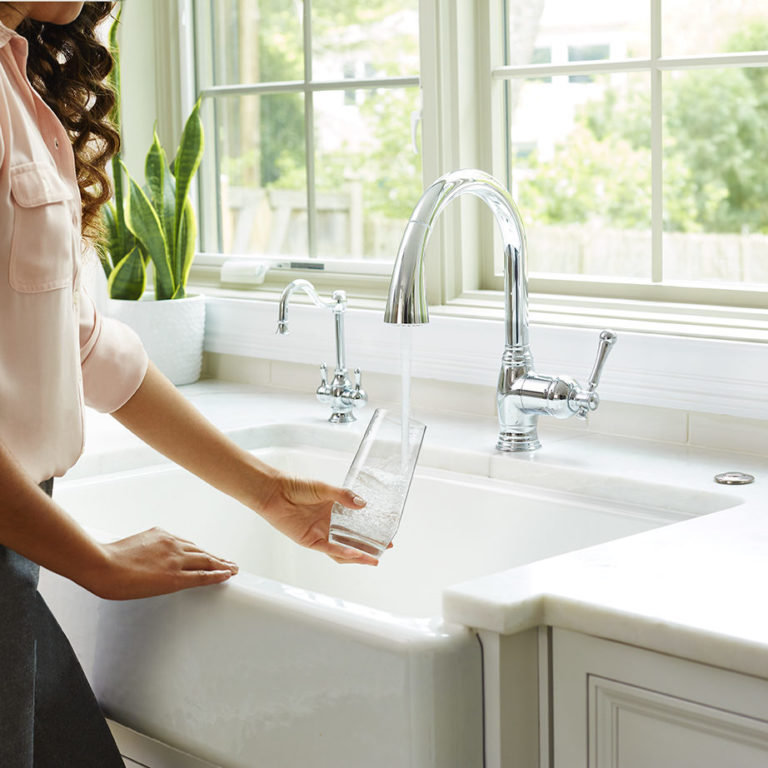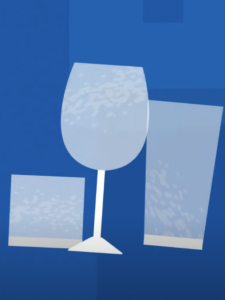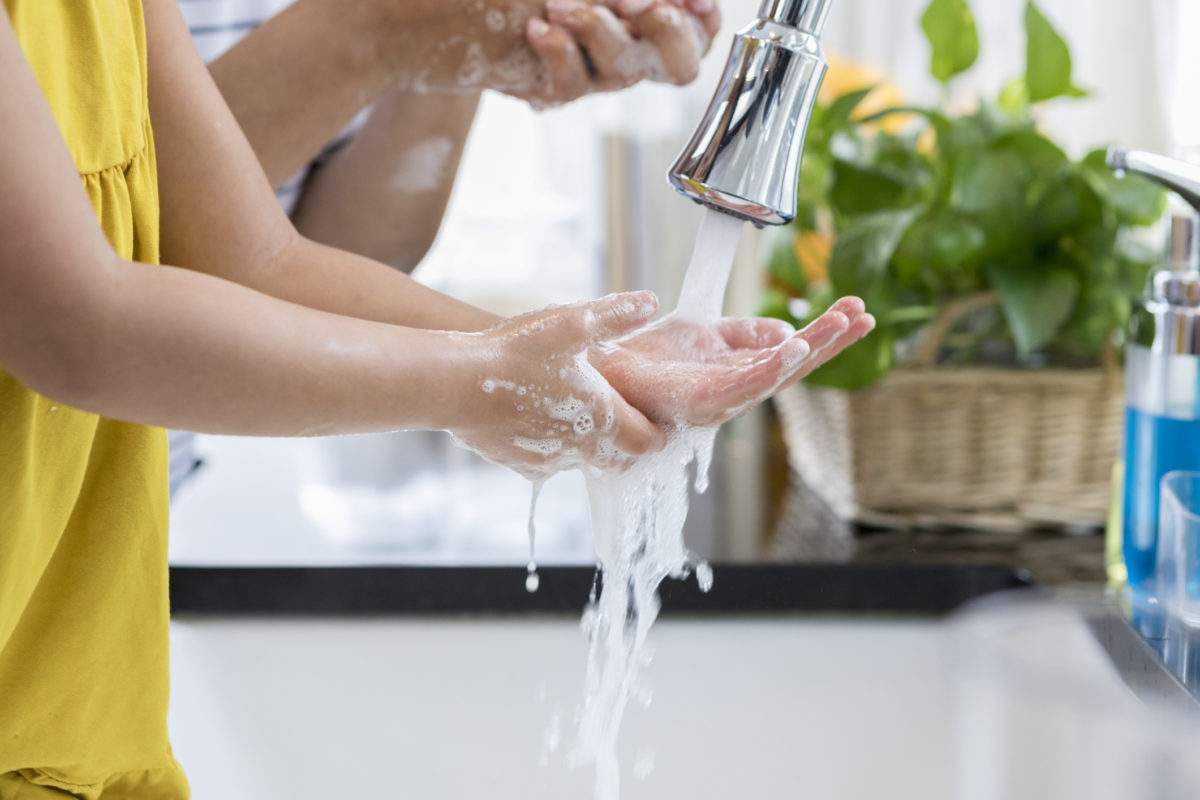Water Softening Products
Hard Water Resources

Water Softening
What makes water hard?
The words “hard water” describe water that contains calcium and magnesium, the hardness minerals. Rain water begins as soft water, free of these minerals and as it passes over and through the earth, flowing into lakes, rivers, streams and ground water, it absorbs the hardness minerals. While these minerals aren’t harmful to your health, they do affect the properties of water and its effectiveness in washing and cleaning.

What Does Hard Water Do?
Hard water can turn the simplest of household tasks into hard work for you. Glassware and dishes are left with spots. Clothes look duller and don’t feel as soft. Bathroom fixtures develop unsightly film. Soaps and laundry detergents don't lather as well. Even your skin and hair don't feel as clean. Hard water is also tough on appliances, especially on washing machines, dishwashers and hot water heaters.
Why Salt Is Important For Your Water

Water Softening
How it works
When the resin beads in your softener become saturated with calcium and magnesium ions, they need to be recharged. Sodium ions from the water softening salt reactivate the resin beads so they can continue to do their job. Without sufficient softening salt, your water softener is less efficient.
As a rule, you should check your water softener once a week to be sure the salt level is always at least one quarter full.
Hard water contains traces of dirt, iron and other minerals that can build up in the resin beads and valves of your water softener, and can lead to expensive repairs. Windsor® Clean and Protect™ is specially formulated to clean out those trace minerals and to help keep your water softener clean longer than all other salt pellets on the market.
Have Questions?
Curious to know more about our water softening products? Contact us to learn more.
